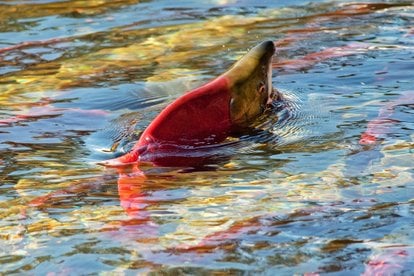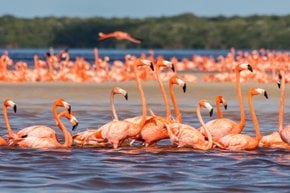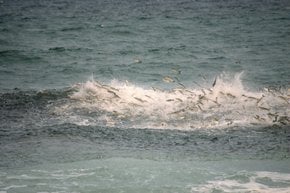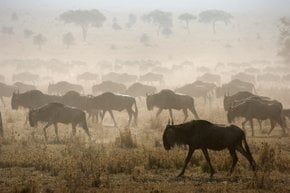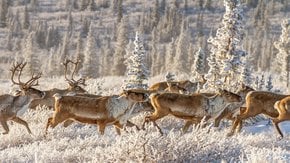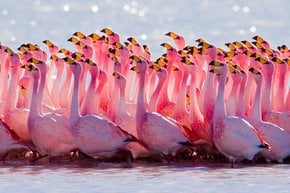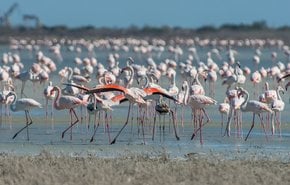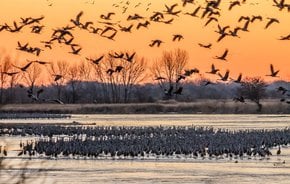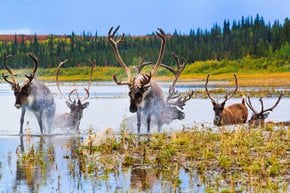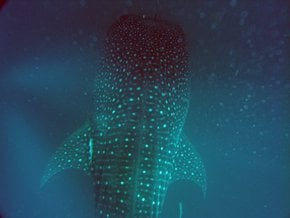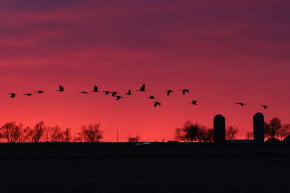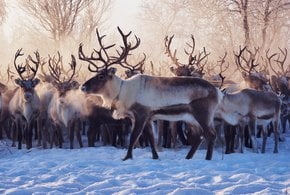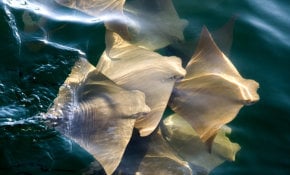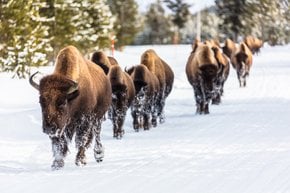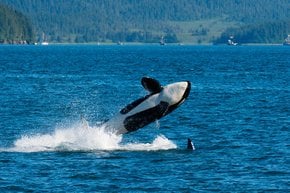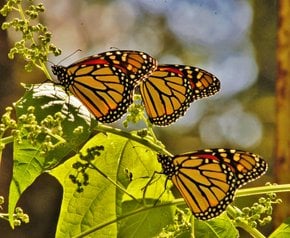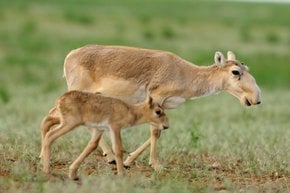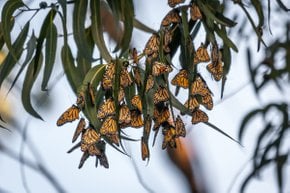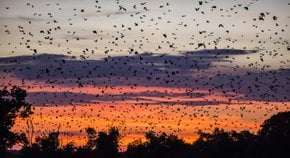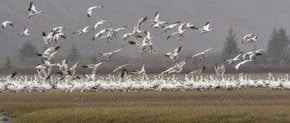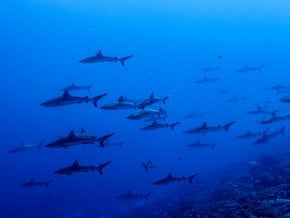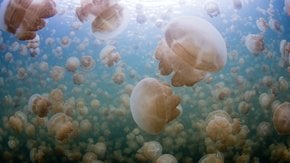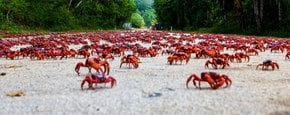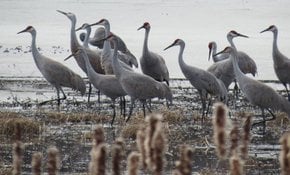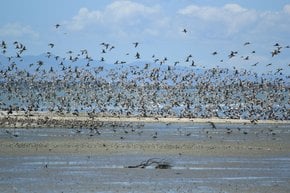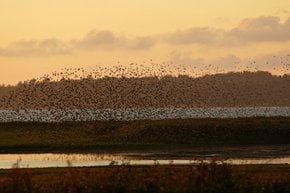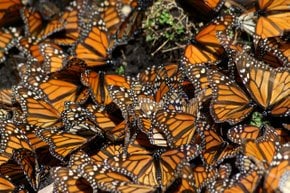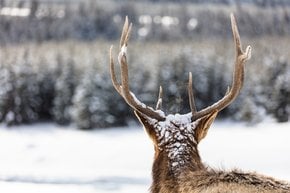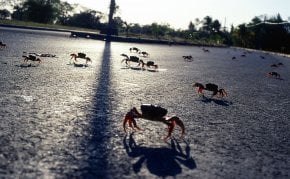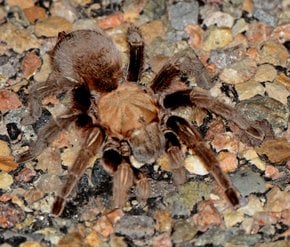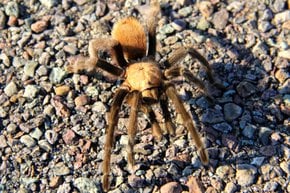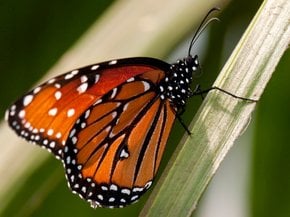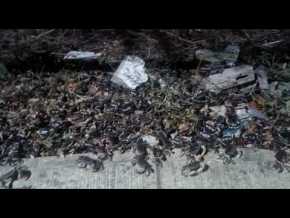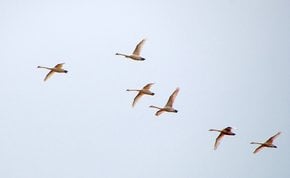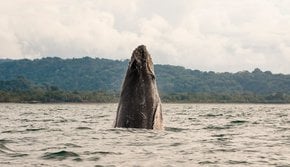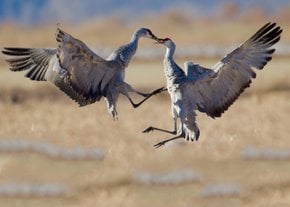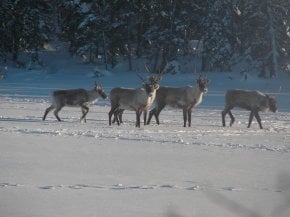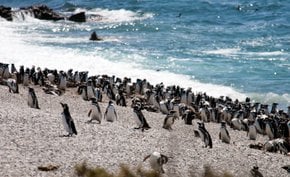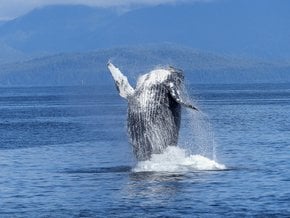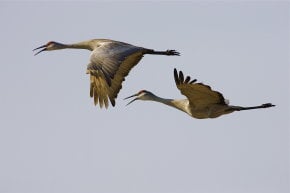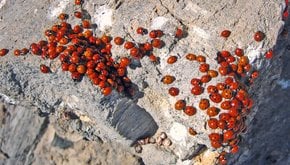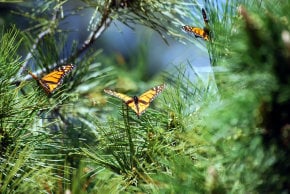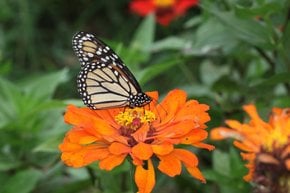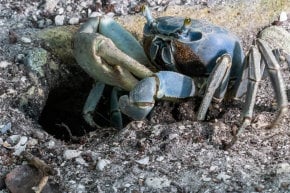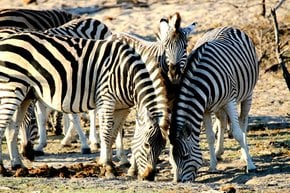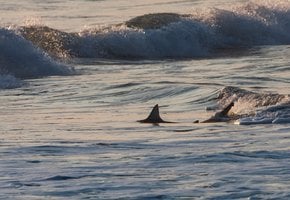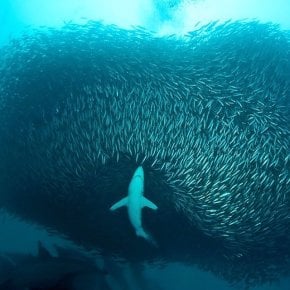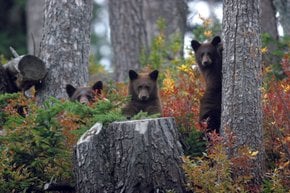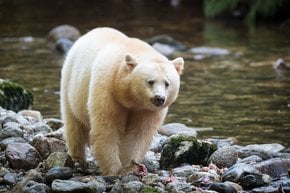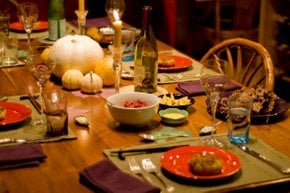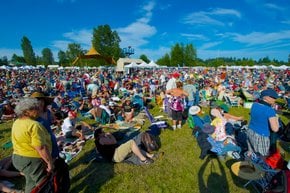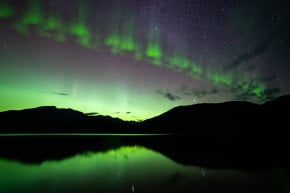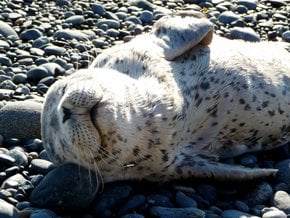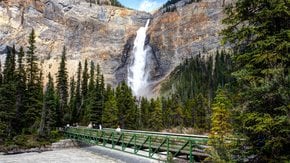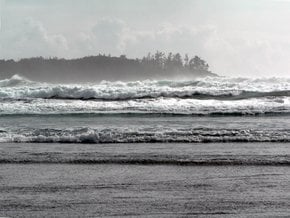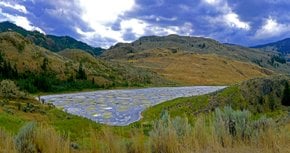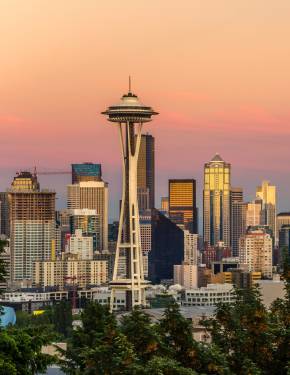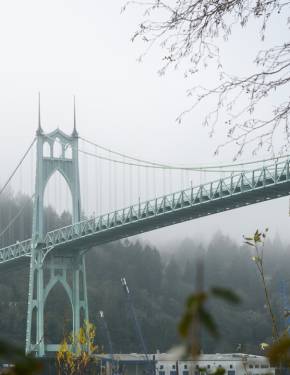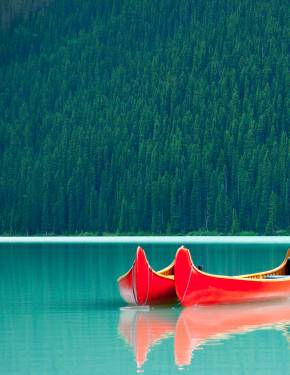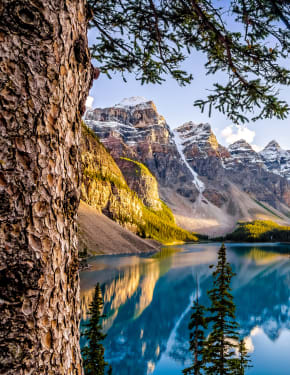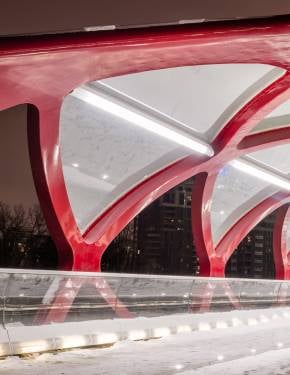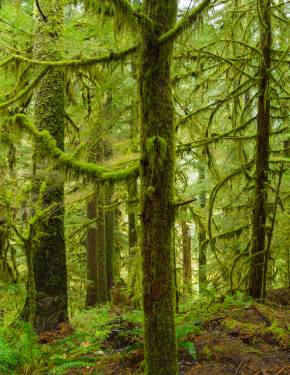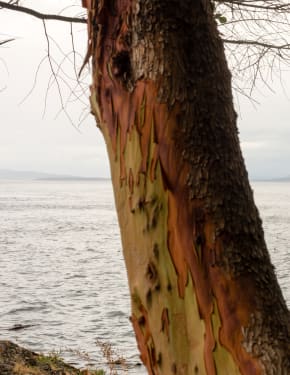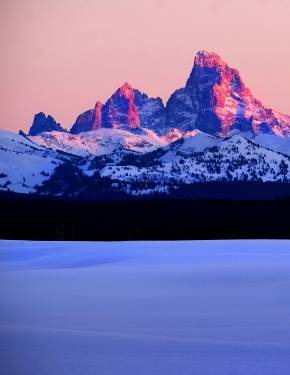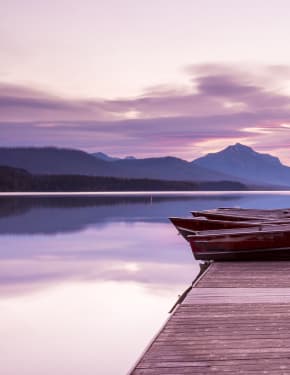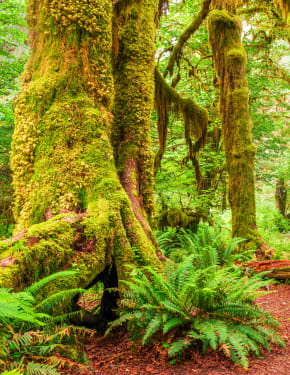Salmon Run in British Columbia 2026
Every four years, sometime in October, millions of migrating sockeye salmon paint the Adams River scarlet-red
Best time: early to mid-October (the next dominant year is 2026)
The Salmon Run in British Columbia is one of nature’s most remarkable spectacles, drawing visitors from around the world to witness the epic migration of sockeye salmon. Each year, these resilient fish embark on a grueling journey from the ocean back to their birthplace in the Fraser and Adams Rivers, covering hundreds of miles. This natural phenomenon not only captivates observers but also plays a crucial role in the ecosystem of the region.
Salmon Migration Process
The sockeye salmon's journey begins after spending around one year in freshwater before venturing into the ocean. During their fourth year, those who survive various threats, such as predators and fishing nets, embark on a final journey upstream to spawn. Remarkably, only a small fraction of the fish that hatch—about 1 out of 2,000 to 4,000—successfully return to their spawning grounds. Once they arrive, the salmon spawn and then die, completing their life cycle in what can only be described as an ultimate act of sacrifice.
Timing the Best Viewing Opportunities
The timing of the salmon run is highly dependent on environmental factors, with peak viewing times typically occurring from early to mid-October. The most spectacular displays are seen during the "dominant years," which happen every four years, with the next expected in 2026. During these years, millions of salmon can be seen returning to the rivers. In the years following a dominant year, known as "sub-dominant years" (e.g., 2023, 2027), the number of returning salmon is lower but still substantial, numbering in the hundreds of thousands.
In "post-subdominant years" (e.g., 2024, 2028), the salmon returns are minimal, often only in the hundreds, typically occurring in the last three weeks of October. "Pre-dominant years" (e.g., 2025, 2029) see a slight increase, with tens of thousands of fish returning. Unfortunately, according to local environmental reports, the overall number of salmon has been consistently declining, even during dominant years.
Key Locations for Viewing the Salmon Run
Adams River
One of the prime locations to witness the salmon run is the Adams River at Shuswap Lake. Here, the river’s gravel beds turn vivid red as the salmon crowd together to spawn. Tsútswecw Provincial Park, formerly known as Roderick Haig-Brown Provincial Park, is particularly famous for this event. The park offers a viewing platform that provides stunning views of the salmon in their final phase of life. Every dominant year, the park hosts the Salute to the Sockeye Festival, with the next festival scheduled for October 7, 2026. It is important to note that the park does not offer camping facilities, so visitors should plan their accommodations in advance.
Fraser River
Closer to Vancouver, the Fraser River also offers opportunities to observe the salmon run. Although the viewing season here is less predictable, sockeye salmon typically return between late June and October. Notable spots include Garry Point Park in Richmond, Ladner Harbour Park in Delta, Westminster Quay in New Westminster, Island 22 Regional Park in Chilliwack, and the Capilano River Hatchery in North Vancouver. These locations provide a variety of environments to experience the salmon run without venturing too far from the city.
Goldstream Provincial Park
Goldstream Provincial Park on Vancouver Island is another excellent location to view the salmon run. Each year, from mid-October to early December, thousands of Chum Salmon return to Goldstream River to spawn. The park's accessible trails and informative displays make it a popular spot for families and nature enthusiasts. Although camping is available nearby, the park itself does not have overnight accommodations, so visitors should plan accordingly.
Viewing Tips for a Responsible Experience
When observing the salmon run, it's important to do so responsibly to minimize any disruption to the fish. Start by avoiding bright-colored clothing, especially shades like red, purple, and pink, as salmon are particularly sensitive to these colors. If you bring a dog, make sure it is on a leash and kept away from the river to avoid disturbing the fish. Approach riverbanks slowly and quietly and refrain from stepping into the river or throwing objects into the water. Look for salmon that are actively building nests and observe their spawning behavior from a distance.
To enhance your viewing experience, consider using polarized sunglasses, which reduce glare on the water’s surface and make it easier to spot the fish. Polarized lens covers for cameras are also recommended for capturing clear images, and they are especially helpful for children who might struggle with the glare. Additionally, finding a high vantage point, such as a riverbank or bridge, can provide a better view, and young children can benefit from being lifted onto your shoulders for a clearer perspective.
Quick Facts About Sockeye Salmon
Sockeye salmon (Oncorhynchus nerka) are renowned for their vibrant red color during the spawning season. These fish play a vital role in their ecosystem, providing nutrients to the environment as they decompose after spawning. Sockeye salmon are also culturally significant to Indigenous peoples in British Columbia, who have relied on them as a food source for thousands of years.
Nearby Attractions
In addition to the salmon run, the areas around the Adams and Fraser Rivers offer other attractions. Visitors to Tsútswecw Provincial Park can explore various hiking trails that provide stunning views of the surrounding wilderness. Near Vancouver, the Capilano Suspension Bridge and Grouse Mountain are popular destinations for nature enthusiasts. Combining a visit to these attractions with the salmon run makes for a well-rounded experience of British Columbia’s natural beauty.

